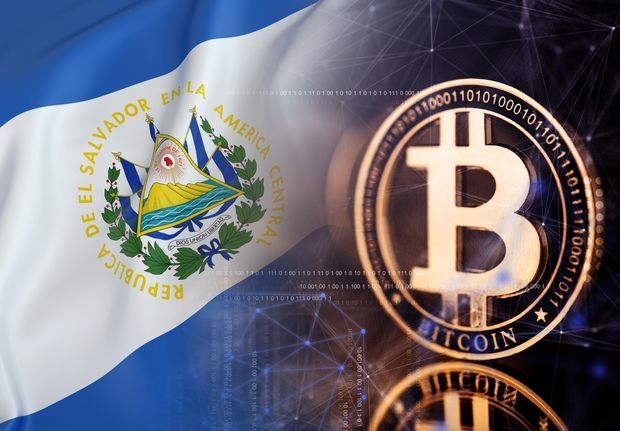El Salvador made history in September 2021, when it became the first country to adopt Bitcoin as legal tender. This move has generated significant debate and speculation about the potential impact of such a decision. This article will explore the economic and social implications of El Salvador’s Bitcoin adoption.
Economic Implications:
- Boost to the Economy: El Salvador’s economy heavily relies on remittances, which account for almost 20% of the country’s GDP. Bitcoin adoption can reduce transaction costs and faster remittance transfers, boosting the country’s economy.
- Increased Bitcoin Adoption: By accepting Bitcoin as legal tender, El Salvador will likely witness a surge in Bitcoin adoption. This can result in increased investment in Bitcoin, leading to capital inflows and a potential boost to the country’s economy.
- Risk of Volatility: Cryptocurrencies are known for their volatility, and adopting Bitcoin as a legal tender is not immune to this risk. Sudden fluctuations in Bitcoin prices can significantly affect El Salvador’s economy.
Social Implications:
- Financial Inclusion: Bitcoin adoption has the potential to promote financial inclusion, particularly for the unbanked population in El Salvador. With Bitcoin, individuals can easily access financial services, regardless of their geographical location or socio-economic status.
- Technology Adoption: Bitcoin adoption can lead to the adoption of new technologies, such as digital wallets and blockchain technology. This can enhance financial infrastructure and create new employment opportunities.
- Potential Risks: Adopting Bitcoin as a legal tender in El Salvador poses risks to the country’s citizens. The lack of regulation and security concerns can result in financial losses and increase crime rates.
Conclusion:
El Salvador’s Bitcoin adoption is a significant step towards the mainstream adoption of cryptocurrencies. While the move presents potential benefits, it also comes with substantial risks. The long-term impact of Bitcoin adoption in El Salvador remains uncertain and will depend on several factors, including government regulations, market trends, and global economic conditions. Nevertheless, the decision has sparked a renewed interest in cryptocurrencies and their potential as an alternative to traditional currencies.
Filip Kopa has an MA in Economics and Finances. When bitcoin first appeared, he thought of it as an interesting experiment. His little investments then hit a big turnover, after which he got hooked on cryptocurrencies and a new age of finance.


